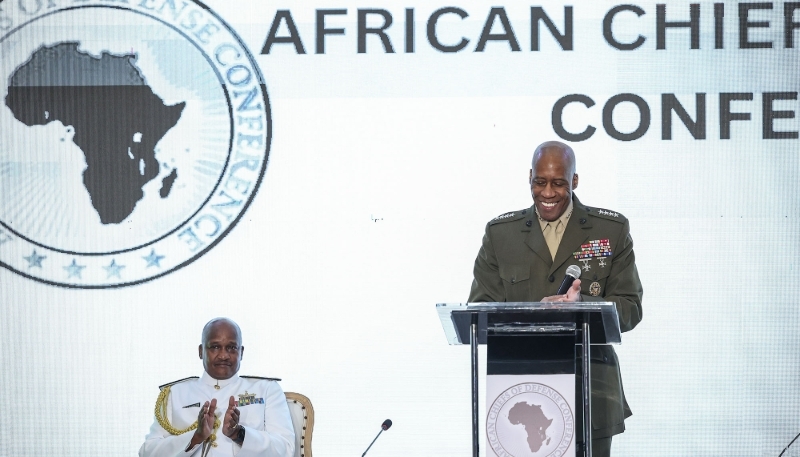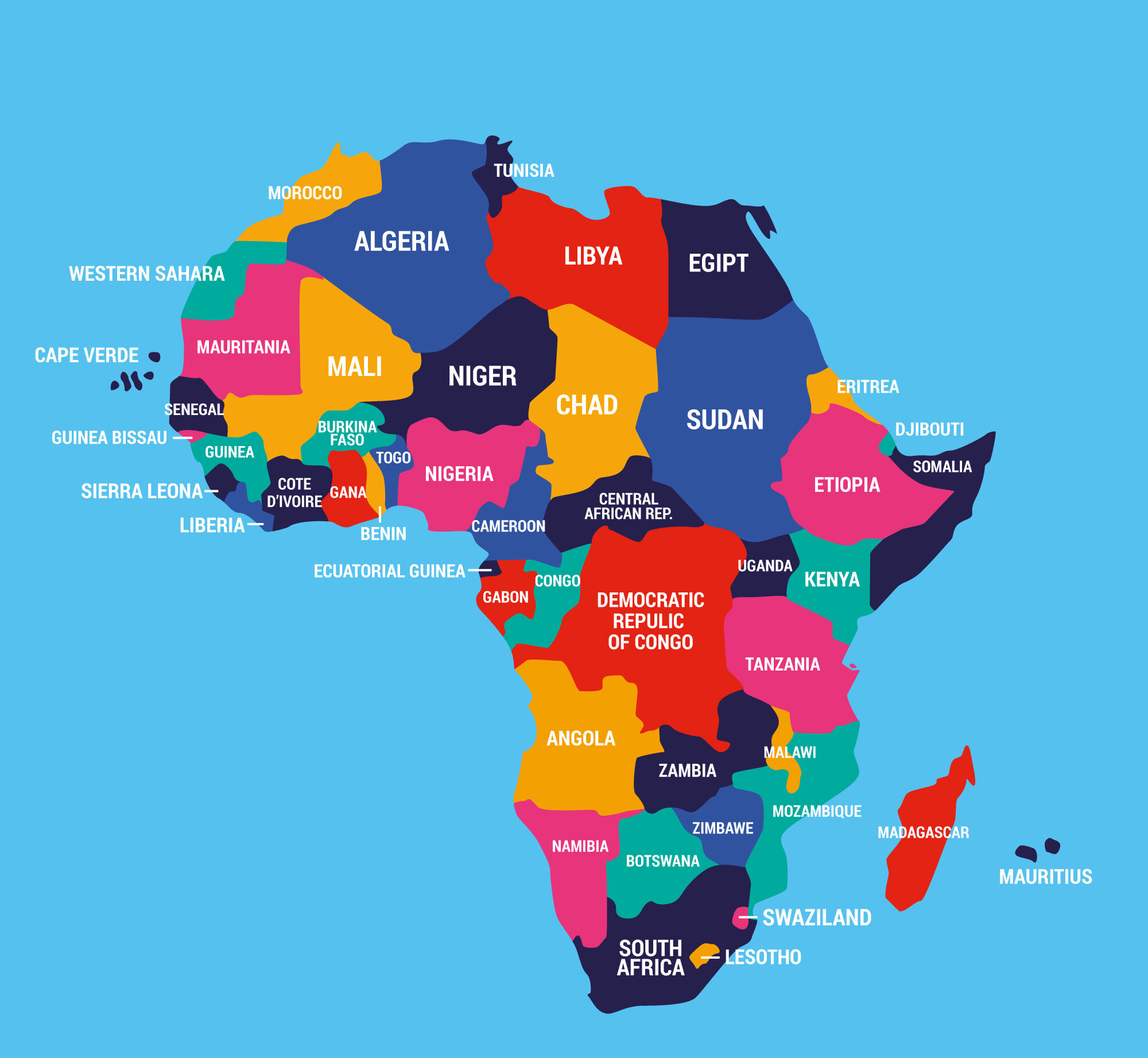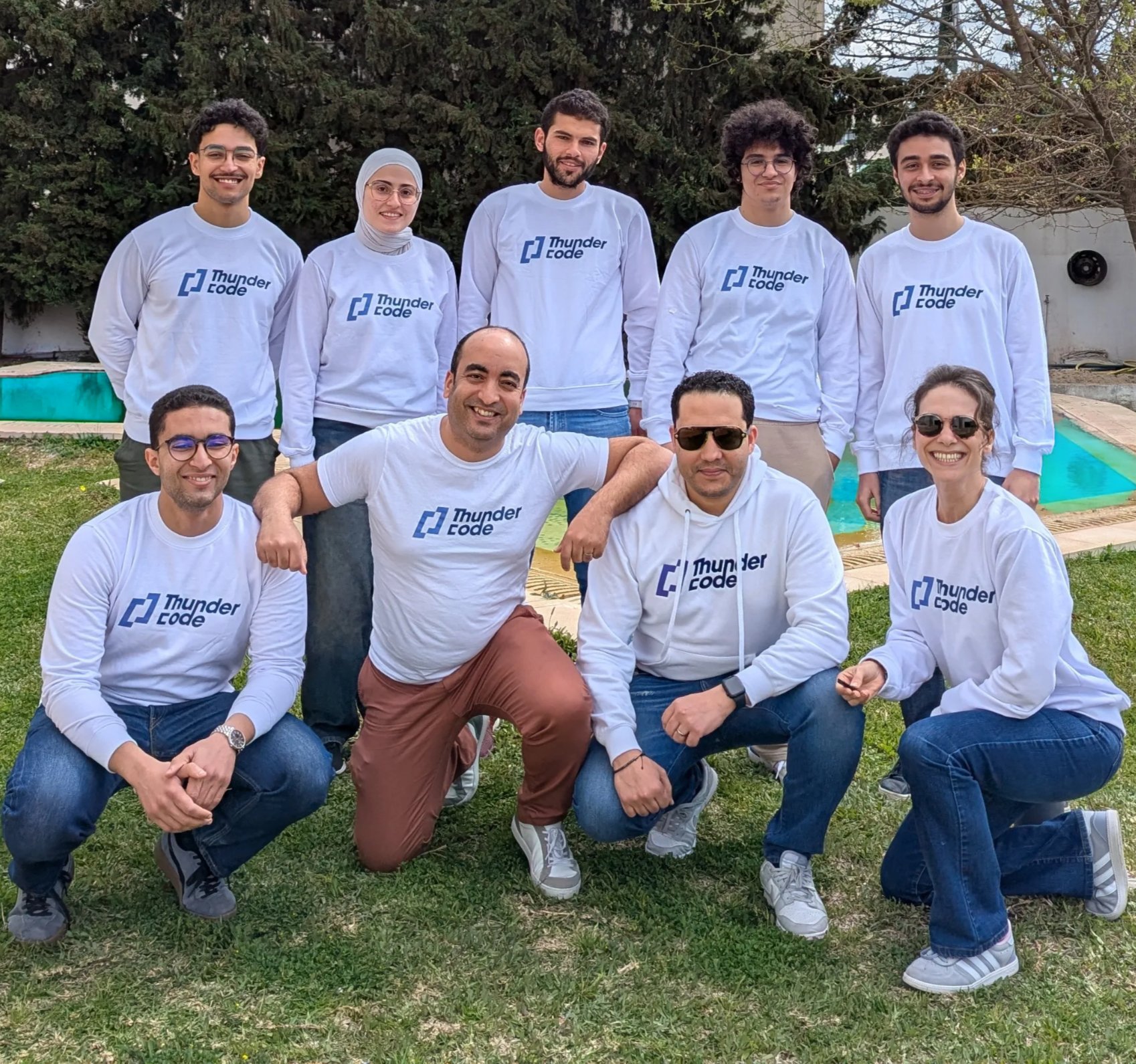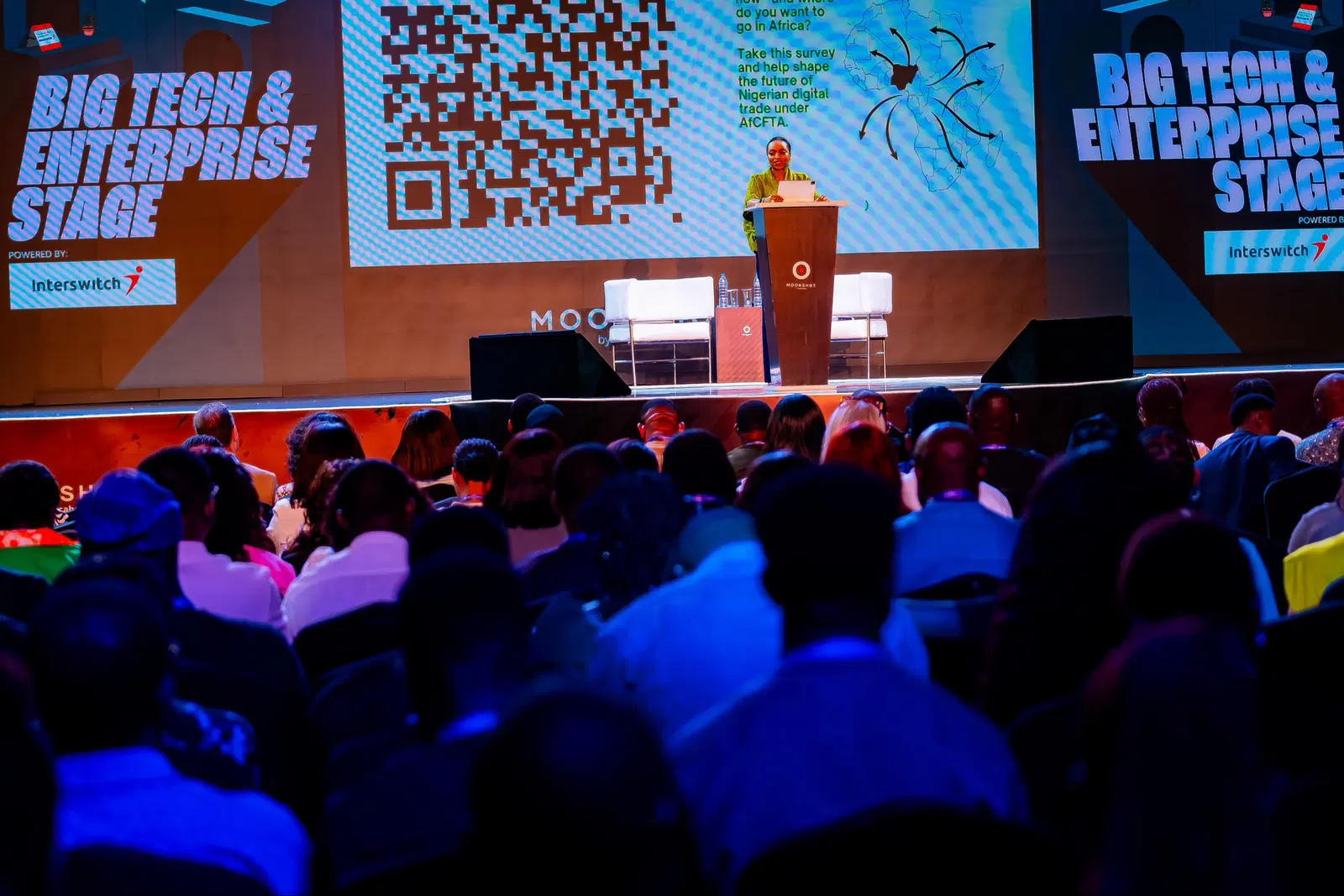In a resounding call for continental collaboration, African ministers and ICT leaders have endorsed a bold push to develop shared artificial intelligence (AI) infrastructure, aiming to ignite “quality economic growth” and secure the continent’s digital sovereignty. The announcement came during the 4th Ministerial Forum on AI, held on the sidelines of the ongoing AfricaCom 2025 conference in Cape Town, where policymakers from across the region gathered to transform AI strategies into tangible action.
Hosted by South Africa’s Department of Communications and Digital Technologies (DCDT) and the African Telecommunications Union (ATU), the forum themed “Artificial Intelligence Powering Africa’s Leap into Digital and Intelligent Era” drew high-level representatives from nations including Malawi, Kenya, Nigeria, Namibia, and Uganda. Amid discussions on regional compute hubs, African-trained AI models, and skills development, the group issued a joint communique committing to coordinated investments that prioritize resilience, innovation, and sovereign data protection.
South Africa’s Minister of Communications and Digital Technologies, Solly Malatsi, framed the initiative as a critical shift from rhetoric to implementation. “For South Africa and indeed for Africa to benefit from and participate in the next wave of innovation, particularly AI, three foundations are essential: affordable connectivity and devices, reliable digital public infrastructure, and digital literacy,” Malatsi stated during the forum. He emphasized the need for AI models that resonate with Africa’s diverse languages, cultures, and realities, warning that without such tailoring, the technology risks exacerbating existing divides rather than bridging them.
Namibia’s Minister of Information and Communications Technology, Emma Theofelus, echoed this urgency, highlighting her country’s innovative approach to powering AI ambitions with sustainable energy. “Because AI compute is energy-intensive, we are aligning clean-energy investments with digital infrastructure, leveraging Namibia’s green-hydrogen programme to power regional data centres, cut costs, and expand access beyond capitals,” Theofelus said. She stressed the importance of “sovereign compute and trusted data” to ensure sensitive information remains within African borders, fostering models that enhance public services and competitiveness while safeguarding dignity.
The joint communique outlines a roadmap for shared resources, including bulk procurement of AI hardware to slash costs by up to 60% and accelerate deployment, as well as investments in talent pipelines and ethical governance frameworks.
This builds on the African Union’s Continental AI Strategy, endorsed earlier in 2025, which calls for harmonized policies to align national plans with broader Agenda 2063 goals for sustainable development.
With only 16 African countries having fully launched national AI strategies as of mid-2025, the forum’s outcomes signal a maturing ecosystem where collaboration could address uneven progress and funding disparities notably, over 83% of Q1 2025 AI startup investments flowed to just four nations: Kenya, Nigeria, South Africa, and Egypt.
AfricaCom 2025, part of the broader Africa Tech Festival (November 11-13), has amplified these discussions, attracting over 15,000 attendees to explore themes of responsible innovation, inclusive investment, and policy harmonization.
Industry players like Cassava Technologies announced progress on African AI factories powered by Nvidia GPUs, while Equinix revealed a $100 million plan for data centers starting in Lagos, Nigeria.
These developments underscore a growing momentum: Africa’s digital infrastructure is evolving from a story of gaps to one of resilience and leadership.
Yet, challenges persist. Experts at the forum, including voices from Smart Africa, warned that closing the connectivity divide where nearly 60% of Africans in covered areas remain offline is foundational for AI’s equitable rollout.
“Africa’s path to AI must begin with investing in critical infrastructure and building human capacity,” noted a high-level panel at the related Transform Africa Summit.06f11b Without addressing energy shortages and skills gaps, the continent risks outsourcing its intelligence and its future to external powers, as highlighted in recent X discussions on digital sovereignty.
Proponents argue that shared infrastructure could unlock AI’s potential in key sectors like healthcare, agriculture, and education, where localized models could boost GDP contributions – Rwanda alone projects a 5% uplift.
As one Kenyan tech envoy put it on X: “No country or region should outsource its intelligence – because when we outsource intelligence, we outsource our future.”
The forum’s momentum is expected to carry forward into 2026 implementations, with calls for public-private partnerships to mobilize funding and expertise. As AfricaCom wraps up, the message from Cape Town is unequivocal: The continent’s AI revolution won’t be imported, it will be engineered collectively, for a prosperous and self-determined tomorrow.




